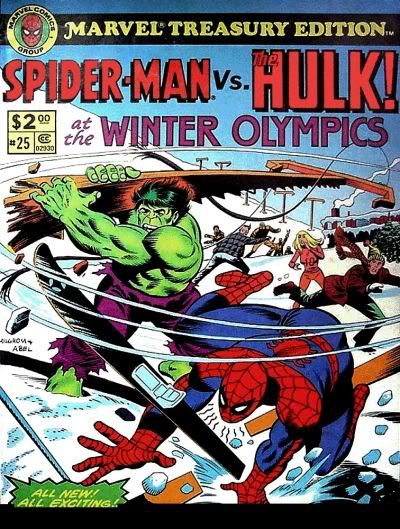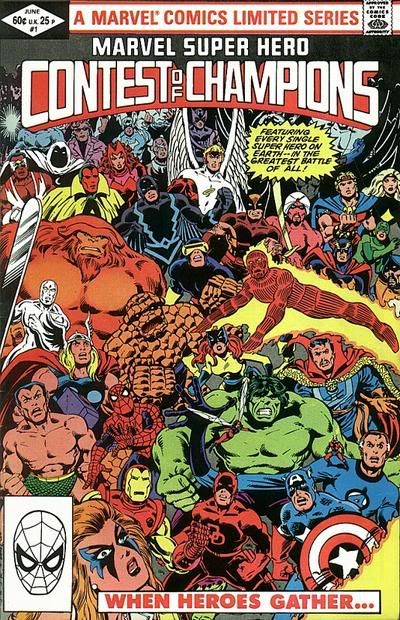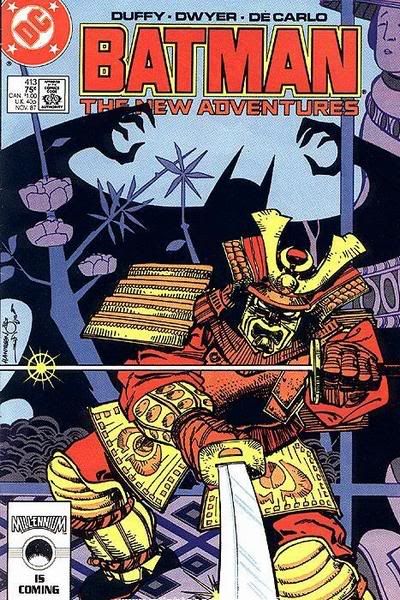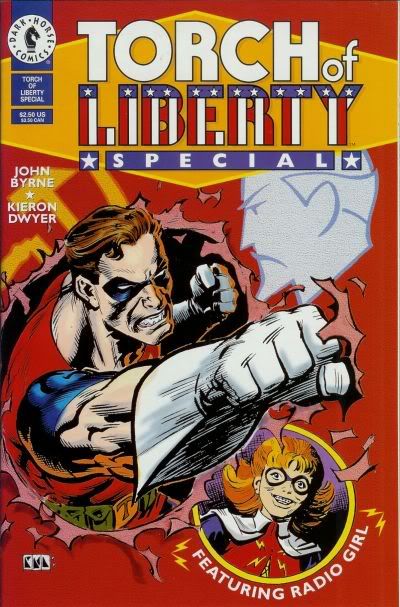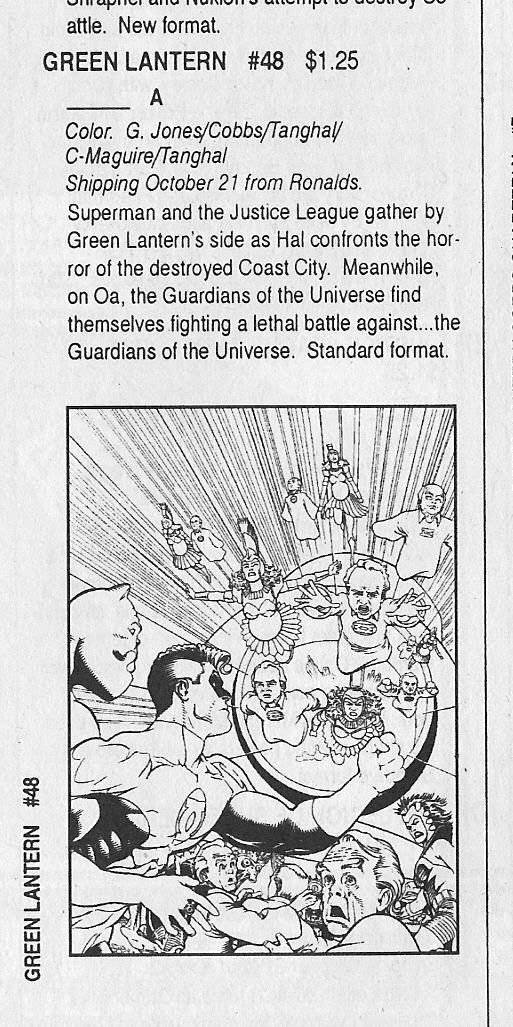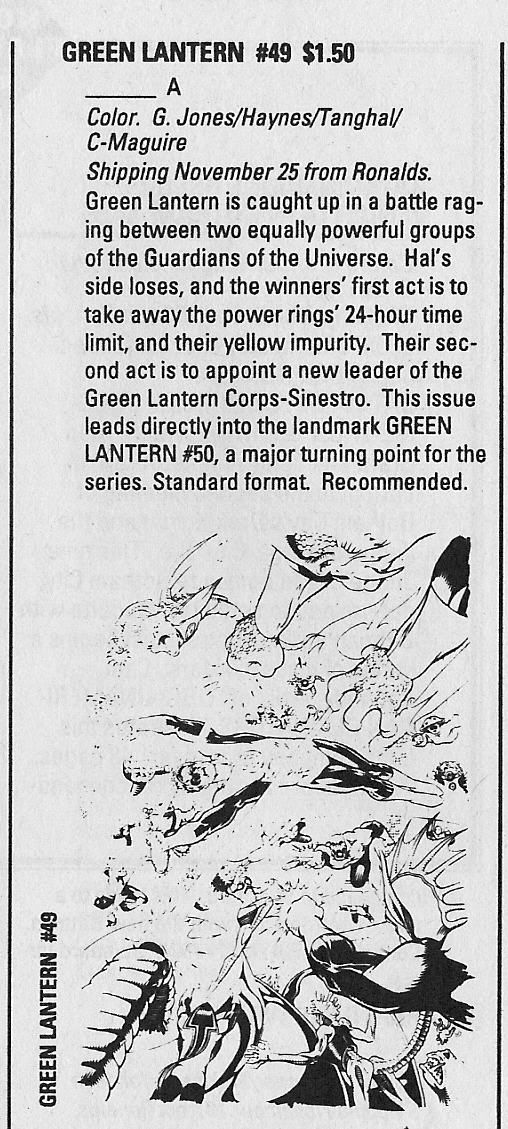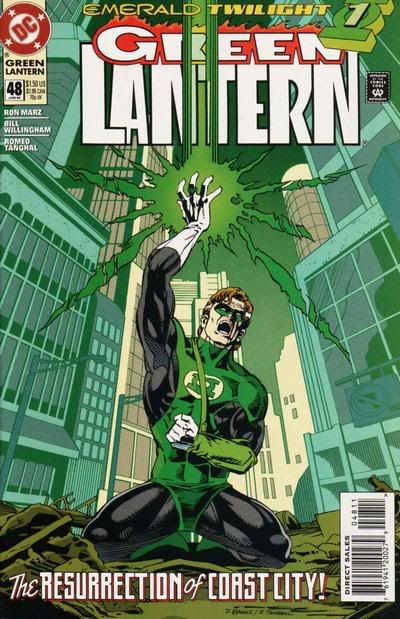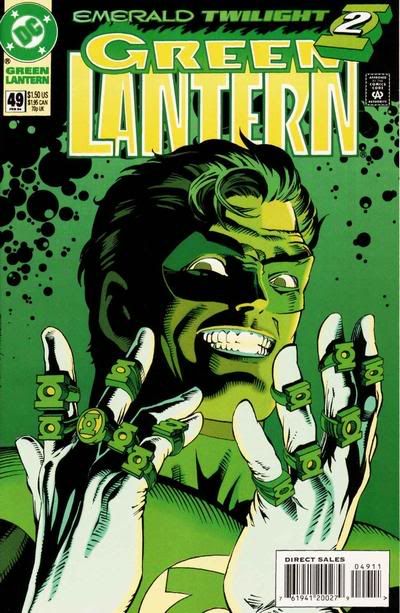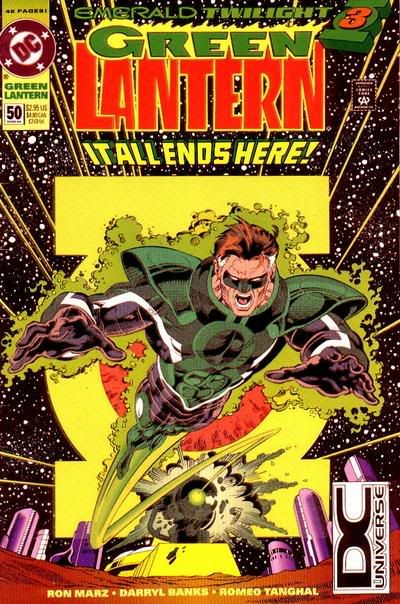This is the thirty-fourth in a series of examinations of comic book urban legends and whether they are true or false. Click here for an archive of the previous thirty-three.
Let's begin!
COMIC URBAN LEGEND: Jimmy Carter's diplomatic policies led to the Contest of Champions.
STATUS: True
In late 1979, Soviet forces invaded Afghanistan. The United States saw this as a gross diplomatic violation, and President Jimmy Carter threatened the USSR with the following diplomatic ultimatum - pull their forces out of Afghanistan by February 20th, 1980, or the United States would boycott the 1980 Summer Olympics, which were being held in Moscow.
The USSR did not pull their forces out, and as a result, in March, President Carter announced that the United States would be boycotting the Summer Olympics in Moscow, and a number of countries joined in (the previous Olympics had ALSO had a boycott of the Games by a number of African countries, protesting the tour of the New Zealand rugby team in South Africa). A total of about 50 countries joined the United States in the boycott.
As you might imagine, such a boycott affected many people (including NBC, which had just spent a record amount on the rights to broadcast the games), and one group that was also affected was Marvel Comics.
In early 1980, Marvel released Treasury Edition #25, which was titled "Spider-Man vs. Hulk at the Winter Olympics!"
Written by Mark Gruenwald, Steven Grant, Bill Mantlo (with art by Herb Trimpe and Bruce Patterson), the story depicted a battle between the Mole Man and Kala over the control of the de-aging waters under Mole Man's control. Kala kidnapped a number of Olympic Athletes and gave them weapons based on their skills, and forced them to battle for her against Mole Man's super-powered servants.
Overall, it was a pretty hokey story.
In any event, at the end, there was an ad for a SEQUEL to this story, ANOTHER Treasury Edition.
The title? Marvel Superheroes at the SUMMER Olympics.
The ad features a number of Marvel Superheroes, plus a few unfamiliar faces. What it basically was was the exact comic that was later turned into Contest of Champions (which was also written by Mark Gruenwald, Steven Grant, Bill Mantlo.
Notice how the Contest of Champions featured the debut of a number of international heroes?
JUST in time for the international games!!
However, the boycott forced Marvel to sit on the project, only to revisit it two years later, change the format from a Treasury Edition to a mini-series, and adapt the content for any changes made since 1980.
What makes this especially amusing is, if you recall, the Contest of Champions featured a text page where Marvel crowed about how innovative they were for introducing the concept of "Limited Series." Forgetting the fact that, at this point, DC had done about five mini-series (only not called "Limited Series"), but this project was not even INTENDED to be a mini-series at first!!
COMIC URBAN LEGEND: Kieron Dwyer is John Byrne's son.
STATUS: Technically False
It is often rumored that Kieron Dwyer is the son of John Byrne. They are not blood relatives, but Byrne DID marry Dwyer's mother, photographer Andrea Braun, in 1980, when Dwyer was 13 (Byrne and Braun have since divorced).
As Dwyer retells it (in this Jon Ellis interview), "I was just getting into Byrne's art when my Mom met him at a convention in Chicago. She had brought me down there to check it out (my first convention!), and the rest, as they say, is history."
Dwyer elaborated on the relationship, and whatever help Byrne gave him in his entry into the comic business, in this interview with Michael Thomas:
MDT: How strange was it to have a stepfather who was also a professional comic book artist you read and admired (at least professionally)?
Kieron Dwyer: Well, while I definitely liked his work, I wasn't specifically a fan of his when they met. It was cool at first, especially for me to watch him draw and to see up close how it was done and to know that a person could have a very successful career and life in the comics field. Also he was very supportive and encouraging of my talents.
MDT: What was John Byrne, the stepfather, like in the brief time you lived with them?
KD: I won't go into specifics. Suffice to say, there's usually a big gap between our heroes as we perceive them and then as they really are. It's best to appreciate a person's work as separate and distinct from them personally, I find.
MDT: What kind of help did he give you when you were looking to get into the comic book business?
KD: Around 1986, I had moved back in with him and my mom to be closer to the east coast publishers. Just getting to know the editors at Marvel and DC socially through living with him, I had a nice opportunity to get to know some people from both companies in a social way before hitting them up for work. I did sample script pages for about 5 or 6 months and got a lot of helpful advice and info from many sources, including JB. One day, Denny O'Neil called him to ask him to do a fill-in on Batman. He couldn't do it and suggested me. Denny had seen my samples and liked them, so he decided to give me a shot. I owe them both for that.
MDT: When you worked with him on the "Torch of Liberty" stories, was it business as usual or was it different from a usual artist/writer collaboration?
KD: It was pretty much the same, although he gave me a lot more room to add stuff than many other writers. The plots were very simple. Whether that was trust or laziness, only he could tell you. ;)
MDT: Do you keep in touch today? If so, what are the conversations like? If not, why not?
KD: No, but not from any animosity that I'm aware of. There just isn't any need. He and my mom split up some years ago and they are still very good friends. So long as she's happy, my concerns are met.
COMIC URBAN LEGEND: DC produced a completely different version of Emerald Twilight before it was scrapped.
STATUS: True
In 1993, DC was seeing first hand the benefits of "event-driven" stories. They were having their best sales in YEARS with their Knightfall event in the Batman titles and their Death of Superman/Reign of the Supermen/Return of Superman event in the Superman titles.
Therefore, in late 1993, DC decided to turn their attention to Green Lantern. At the time, the Green Lantern titles were selling moderately well, enough to support a regular title and TWO spin-offs (Guy Gardner and Green Lantern Corps Quarterly). However, sales had begun to go down the last couple of years (from the high point of early 1992), and DC thought it time to shake things up.
Their plan? Turn Hal Jordan into an antagonist, get rid of the Green Lantern Corps and the yellow impurity and introduce a brand new Green Lantern!
Writer Gerry Jones was willing to do as DC asked, and crafted a story along these lines, although with Hal Jordan as more of an anti-hero than a villain.
However, Jones' story just did not go far enough for Editor Kevin Dooley (and presumably his higher-ups), so even though Jones' #48 and 49 were SOLICITED already (solicitation scans courtesy of the Continuity Pages)...
DC still scrapped the storyline. They then hired a new writer, Ron Marz, to craft the new story, and took a month off to catch up on the time they lost.
Ultimately, Marz' new Green Lantern series increased sales significantly, so from that perspective, the change seemed to be a success. Story-wise? You be the judge!
Well, that's it for this week, thanks for stopping by!
Feel free to drop off any urban legends you'd like to see featured!!


